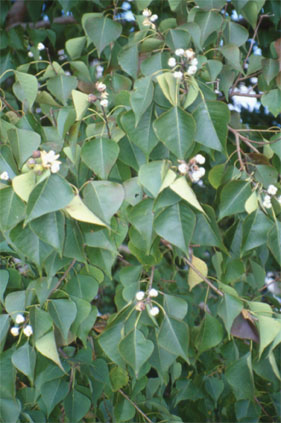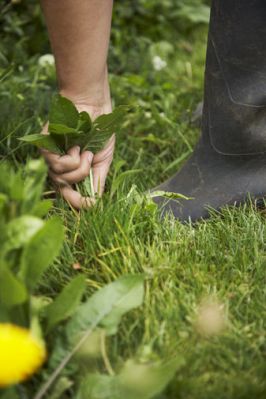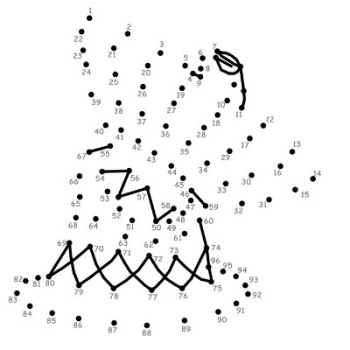 Ever hear of the Law of the Hammer? Also called The Law of the Instrument, it has been attributed to both Abraham Maslow and Abraham Kaplan (neither of whom were carpenters, I don’t think).
Ever hear of the Law of the Hammer? Also called The Law of the Instrument, it has been attributed to both Abraham Maslow and Abraham Kaplan (neither of whom were carpenters, I don’t think).
The Law of the Hammer is based on the idea that people tend to look for cure-alls or over-use familiar tools, especially in dealing with people. It says, “If all you have is a hammer, everything looks like a nail”
Wise. In other words, diversify your toolbox.
I’m not a carpenter either, and six months of bending nails in 1979-80 can attest to that. But I’ve spent a lot of my life building, working with, leading, and being an instrument of healing to people. And I have observed a corollary to the Law of the Hammer that is important to remember in dealing with people. I call it The Law of the Nail:
If you are a nail, and especially if you’ve been pounded a time or two, everything (and everybody) looks like a hammer.
I’ve been on all sides of that. I’ve been the nail. Banged the nail. Straightened out bent nails. Sat in on more than my share of Nails Anonymous meetings (including pastors’ prayer meetings). I’ve hired nails to go to work for me without realizing how pounded they had been. And I have learned, sometimes the hard way, that living in a broken world means working with and leading broken or bruised people. So at the risk of pounding the metaphor too much (sorry), here are some ideas for finding healing if you are the nail, or in the next post, working with and leading the nails in your organization or workplace. [click to continue…]
{ Comments on this entry are closed }
 Remember the story Aesop told about the goose and the golden egg? The implications and applications are powerful, so let’s take another look.
Remember the story Aesop told about the goose and the golden egg? The implications and applications are powerful, so let’s take another look.




